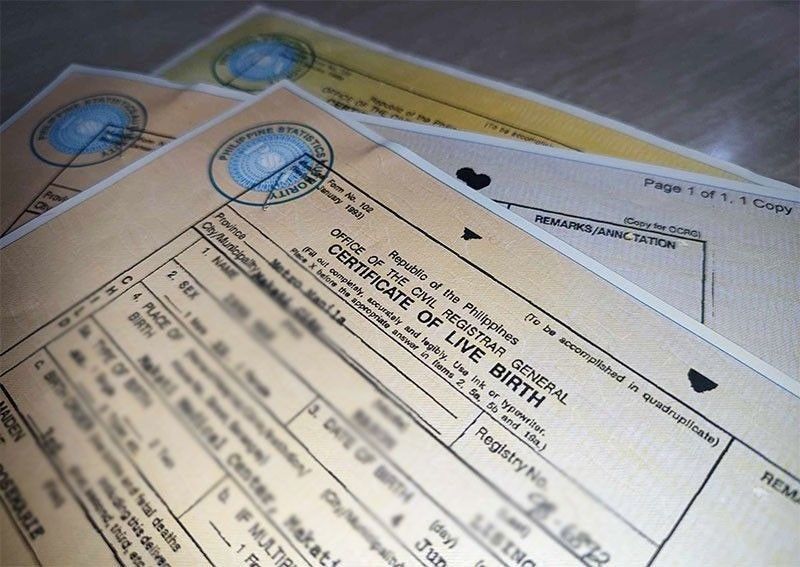Fake diplomas and diploma mills have become a common problem. This article explores the psychology behind these scams and provides tips to stop the growth of this fraud.
Credential fraud can harm credential issuers in several ways. They can damage brand reputations and undermine the trust that employers place in their credentials. They also profit from the rights associated with legitimate degrees.
Counterfeit credentials market
In many cultures, a college or university degree is seen as an indicator of standing and professional accomplishment. However, for many the cost and time commitment of obtaining an official degree is too much. Fake degrees offer a way for these people to get the certification they need.
The market for fake credentials is a complex market. The counterfeit credentials market is extremely complex. There are also diploma mills, which produce bogus academic documents like academic degrees and scholarly papers available for purchase.
Although these credentials might appear as a way to gain advancement, they have substantial ethical practical, legal and ethical considerations. Buyers will increasingly demand enhanced options to customize their fake transcripts and diplomas. This will include the ability to select the fonts and layouts that are similar to the desired institution. The increased customization allows customers to make sure that their fake credentials match better with authentic looking certificates and transcripts. Additionally, displaying fake credentials on an application or resume could expose applicants to civil lawsuits and even prison sentences for fraud.

Moral disengagement in fraud
The recent wave of corporate corruption scandals has made it clear that we must understand what motivates employees to engage in unethical behaviour. One psychological process is moral disengagement. In this process, people justify their actions as moral by denying responsibility and distorting ethical consequences. This can be various strategies including euphemisms or the dispersal of the responsibility.
Recent research has revealed that people who use these tactics are more likely than others to commit fraud. This includes taking money and falsifying credentials. Two lab simulations were conducted, and a study of adults who work. Participants were asked to complete the completion of a questionnaire that assessed their motivations and beliefs regarding fraud. The researchers gathered demographic information and a self-report of their moral disengagement.
Researchers looked over the results of the questionnaire to determine the relation between the variables. Researchers observed an unfavorable connection between empathy and responsible distortion. A negative correlation was observed between the factor of devaluation of responsibility and the factor of cognitive reconstruction. These results support the criterion validity of the occupational fraud rationalization scale at the level of first-order.
Financial incentives to fake degrees
Fake degrees undermine the traditional function of diplomas, providing buyers with the prestige associated with a degree without the corresponding effort or expense. This can lead to an expensive transaction cost for both legitimate institutions and consumers and can damage their reputation. It is crucial to develop analytical tools that can be used to assess the degree to which markets are real or not.
This paper will examine the role of fake degrees in the society through the theoretical model of club theory and Veblenian economics. In particular, it proposes that there are three main reasons why people buy fake degrees. For one, fake degrees give the chance to earn more money with less effort. Fake degrees are an advantage to be successful in fields such as medicine and nuclear engineering.
The third reason is that obtaining a fake diploma boosts self-esteem and provide people with a sense of satisfaction. They can also help people overcome the fear of failure and help them achieve their goals. But, if a fake degree is utilized in a dangerous job such as nuclear engineering or medicine, it can cause serious economic damage and even threaten the safety of the public.
Emotional empathy and ethical flexibility are essential in committing fraud
Not a week goes by without an article in the press about celebrities, politicians or business executive falsely claiming the title of an educational certificate. Celebrities and those with status are prepared to risk their lives in order to falsely claim their credentials.
The fake degree industry generates $7 billion per year. Although the practice is not legal, it is growing. Allen Ezell, a former FBI agent and a specialist on degree mills, believes it’s getting harder to spot counterfeit degrees as technology improves and more employers are hiring people with foreign backgrounds who are difficult for a HR professional to verify.
Fake diplomas look similar in appearance to real ones with the same fonts, paper and printing formats. They can also be purchased with ease on the internet. The commitment and effort of real graduates is undermined by a degree that’s unworthy of the paper on which it’s printed. This is also a dangerous activity that could harm a company’s image and expose employees to serious risk.
Social pressure and fake degrees
In many societies, degrees are used as a sign of status and accomplishment in society. In addition, they are an indicator of a person’s aptitude. However, the expense of obtaining a legitimate degree might be too costly for some individuals. Some people choose fake degrees over the conventional route to higher education and visit here https://lambang247.pro/.
Fake degrees are beneficial for those looking to work in certain sectors that require specialized educational qualifications. They can be a problem for their employers. They can cause a waste of time and effort. In the worst scenario they may even jeopardize the safety of other people.
Many people are also seeking to get fake degrees in order to gain a desired status or level of prestige within the community. This can be a problem in positional economies, where goods are not valued for their own intrinsic qualities but rather as a signaling tool to other parties. This raises important questions about how the regulatory system should respond to market fraud. This could be done by increasing the chances of detection and imposing penalties.








